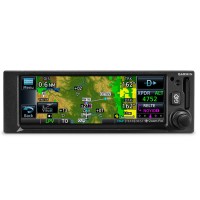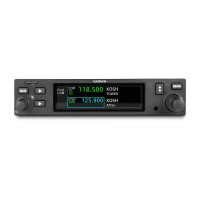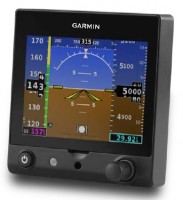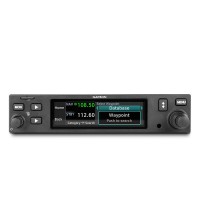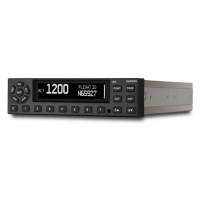FREE SHIPPING ON ORDERS OVER $350 (SOME EXCLUSIONS APPLY) | 877-4-SPRUCE
Garmin GDL® 60 Datalink with PlaneSync™ Technology
$3495.00/Each
Part# 11-20263
MFR Model# 010-02245-00
MFR Model# 010-02245-00
Overview
|
THE FLYING LIFE, SIMPLIFIED
Streamline your flight prep, and enjoy your aircraft more with the GDL 60 datalink and PlaneSync™ technology. It’s the connected aircraft solution that automatically updates your avionics databases1, logs flight/engine data and lets you remotely check fuel and systems status via your Garmin Pilot™ smart-device app2.  |
WARNING: Cancer and Reproductive Harm - www.P65Warnings.ca.gov. |
Features


Specifications
| GDL 60 Data Link | |||||
|---|---|---|---|---|---|
| Physical Characteristics | General Specifications | Compliance | |||
| Width: | 8.72" | Input voltage: | 14/28Vdc | Environmental compliance: | RTCA DO-160F |
| Height: | 1.12" | Operating temperature range: | -40C to +70C | Software compliance: | RTCA DO-178B Level D (GDL 60 unit), Level E (cellular firmware) |
| Depth: | 4.00" | Maximum altitude: | 55,000 ft | TSO compliance: | TSO-C109 |
| Weight: | 1.5 lbs | Memory: | 64 GB eMMC | ||
| Cellular Specifications | Wi-Fi Specifications | BLUETOOTH Specifications | |||
| 4G LTE (CAT 4) with 3G Fallback | Physical radios: | 2 (one internal access point, one external client) | BLUETOOTH standard: | 4.2 | |
| Global Operation: | Bands LTE B1,2,3,4,5,7,8,12,18,19,20,25,26,28,38,39,40,41 | Class: | 802.11 b/g/n | Frequency band: | 2.4 GHz |
| Transmit power: | +25 dBm max | Frequency band: | 2.4 GHz | Power class: | 2 +4 dBm / 2.5 mW max |
| 3FF SIM Card (micro SIM) | Transmit power: | +17 dBm / 50 mW max | |||
| GA 60 LTE Antenna | |||||
|---|---|---|---|---|---|
| Physical characteristics | General Specifications | Cellular Antenna Specifications | |||
| Width: | 6.39" | Nominal impedance: | 50 Ohms | Supported radio: | Cellular 4G LTE/3G |
| Height: | 1.08" | VSWR: | < 3:1 | Type: | Two element MIMO |
| Depth: | 2.95" | Operating temperature range: | -40C to +70C | Bandwidth: | 700 MHz to 2700 MHz |
| Weight: | 0.5 lb | Maximum altitude: | 55,000 ft | ||
| Intended for installation internal to an aircraft | |||||
| GA 61A LTE/Wi-Fi Combo Antenna | |||||
|---|---|---|---|---|---|
| Physical Characteristics | General Specifications | Cellular Antenna Specifications | |||
| Width: | 7.34" | Nominal impendence: | 50 Ohms | Supported radio: | Cellular 4G LTE/3G |
| Height: | 3.20" | VSWR: | < 3:1 | Type: | Two element MIMO |
| Depth: | 2.34" | Operating temperature range: | -55C to +70C | Bandwidth: | 700 MHz to 2700 MHz |
| Weight: | 0.8 lbs | Maximum altitude: | 55,000 ft | ||
| Intended for installation external to an aircraft | |||||
| GA 61A LTE/Wi-Fi Combo Antenna | |||
|---|---|---|---|
| Physical Characteristics | General Specifications | ||
| Width: | 7.34" | Nominal impendence: | 50 Ohms |
| Height: | 3.20" | VSWR: | < 3:1 |
| Depth: | 2.34" | Operating temperature range: | -55C to +70C |
| Weight: | 0.8 lbs | Maximum altitude: | 55,000 ft |
| Intended for installation external to an aircraft | |||
| Cellular Antenna Specifications | Wi-Fi Antenna Specifications | ||
| Supported radio: | Cellular 4G LTE/3G | Supported radio: | 2.4 GHz Wi-Fi |
| Type: | Two element MIMO | Type: | Single element monopole, omni-directional |
| Bandwidth: | 700 MHz to 2700 MHz | Bandwidth: | 2400 to 2500 MHz |
| Wi-Fi Antenna | |||||
|---|---|---|---|---|---|
| Physical Characteristics | General Specifications | Wi-Fi Antenna Specifications | |||
| Width: | 0.31" | Nominal impedance: | 50 Ohms | Supported radio: | 2.4 GHz Wi-Fi |
| Height: | 1.08" | VSWR: | < 3:1 | Type: | Two element monopole, omni-directional |
| Depth: | 0.69" | Operating temperature range: | -40C to +70C | Bandwidth: | 2400 to 2500 MHz |
| Weight: | 0.075 lbs | Maximum altitude: | 55,000 ft | ||
Benefits
- PlaneSync technology can help simplify the complexities of aircraft management by automating database updates, remotely providing the status of your aircraft and more. Select avionics can be connected with PlaneSync via the GDL 60 Datalink.
Q&A
Please note, Aircraft Spruce's personnel are not certified aircraft mechanics and can only provide general support and ideas, which should not be relied upon or implemented in lieu of consulting an A&P or other qualified technician. Aircraft Spruce assumes no responsibility or liability for any issue or problem which may arise from any repair, modification or other work done from this knowledge base. Any product eligibility information provided here is based on general application guides and we recommend always referring to your specific aircraft parts manual, the parts manufacturer or consulting with a qualified mechanic.


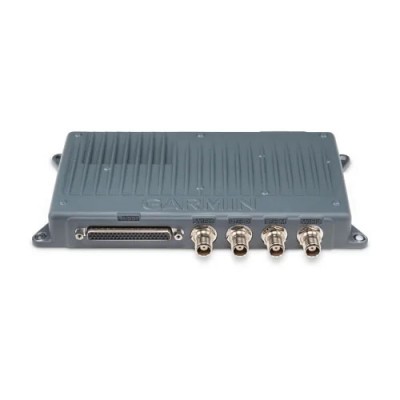
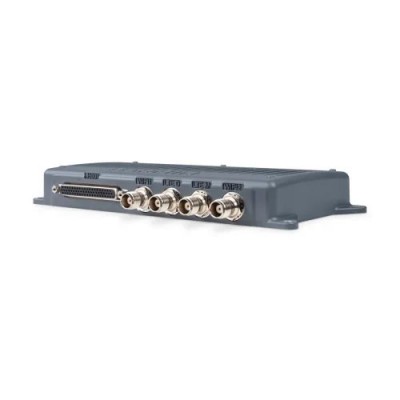
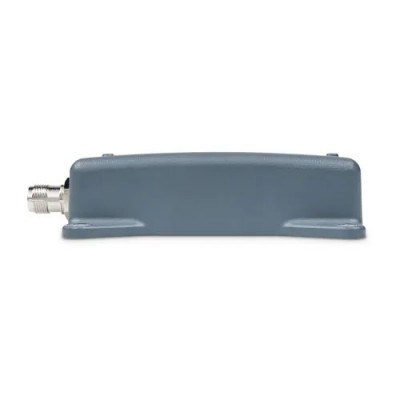





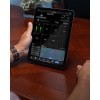






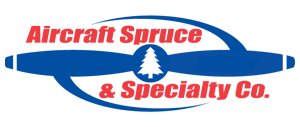 FREE Shipping
FREE Shipping


